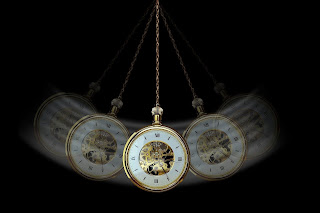NOTHING BEYOND EQUILIBRIUM 1

Tact statesmanship has been favorable to powerful nations and nation-states in history. At the end of the Napoleonic wars (1803 to 1815), Austrian statesman Klaus von Matternich was instrumental in creating a diplomatic system of balance of power between condescending groups of victorious states after the Concert of Europe, which brought a lasting peace up to 100 years. The post-Concert of Europe of 1816 made peace reign on the continent. However, it was inevitable that conflict would rise again through the resuscitating influence of revolutionalism that sought an end to absolute monarchy. Due to this development, powerful states sought to extend peace in their domain by introducing reforms and creating new governments around their existing state structures. It was a chaotic period in Europe. However, it was an era of capable politicians with practical negotiation skills who were passionate about the art and craft of diplomacy -politicians and diplomats who sought peace ...